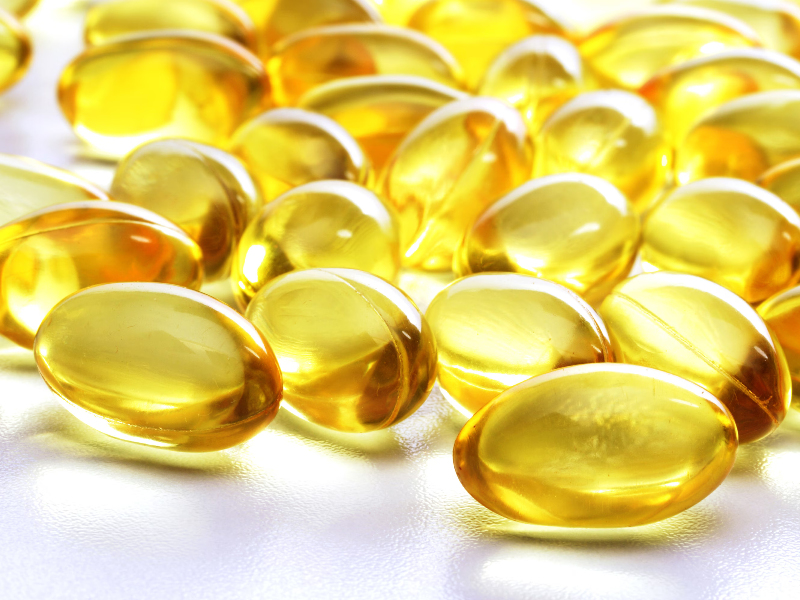7 Essential Vitamins for a Healthy Lifestyle
Advertisement
5. Vitamin E

Advertisement
A fat-soluble vitamin, vitamin E functions in the body as a potent antioxidant. It shields cells from free radical damage, therefore preventing some of the development of chronic conditions. Among plant-based foods, nut, seeds, leafy greens, and vegetable oils all contain vitamin E. Including these nutrient-dense foods into your diet will assist maintain good skin, hair, and general cellular activity.
There are eight distinct components in vitamin E; alpha-tocopherol is the most often researched and most physiologically active among them. Vitamin E is an antioxidant; it helps to neutralise free radicals, unstable chemicals that can induce oxidative stress and cell damage. Numerous chronic disorders, including cancer, heart disease, and Alzheimer's disease, have been related to this oxidative stress.
Apart from its function as an antioxidant, vitamin E is also rather important for maintaining the condition of the hair and skin. It guards the skin against UV radiation-induced damage, therefore preventing early ageing and the growth of skin cancer. Furthermore important for preserving the integrity of the skin's barrier function—which is necessary to stop the loss of moisture and the entrance of dangerous environmental elements—are vitamin E.
The cardiovascular system's health depends also on vitamin E. It supports the operation of the endothelial cells, which line the interior of blood vessels and are absolutely vital in control of blood pressure and flow. Additionally demonstrated to help lower the danger of blood clots—which can cause heart attacks and strokes—is vitamin E.
Incorporating a range of foods high in vitamin E into your diet—such as nuts, seeds, leafy greens, and vegetable oils—will help you to guarantee you are getting enough of this vitamin. You could also want to take a vitamin E supplement, but first you should check with your doctor to be sure you are consuming the right quantity.
Advertisement
You May Like

